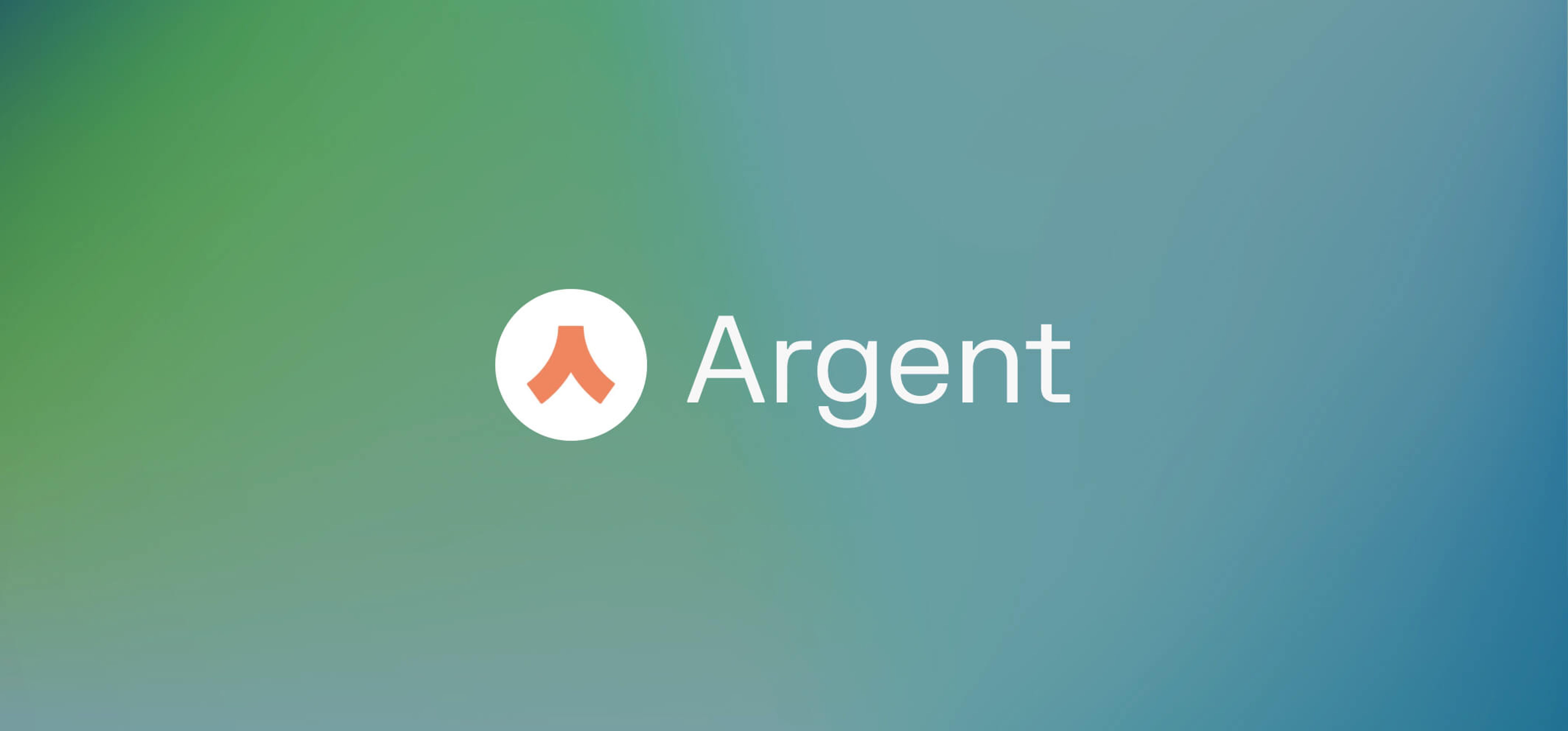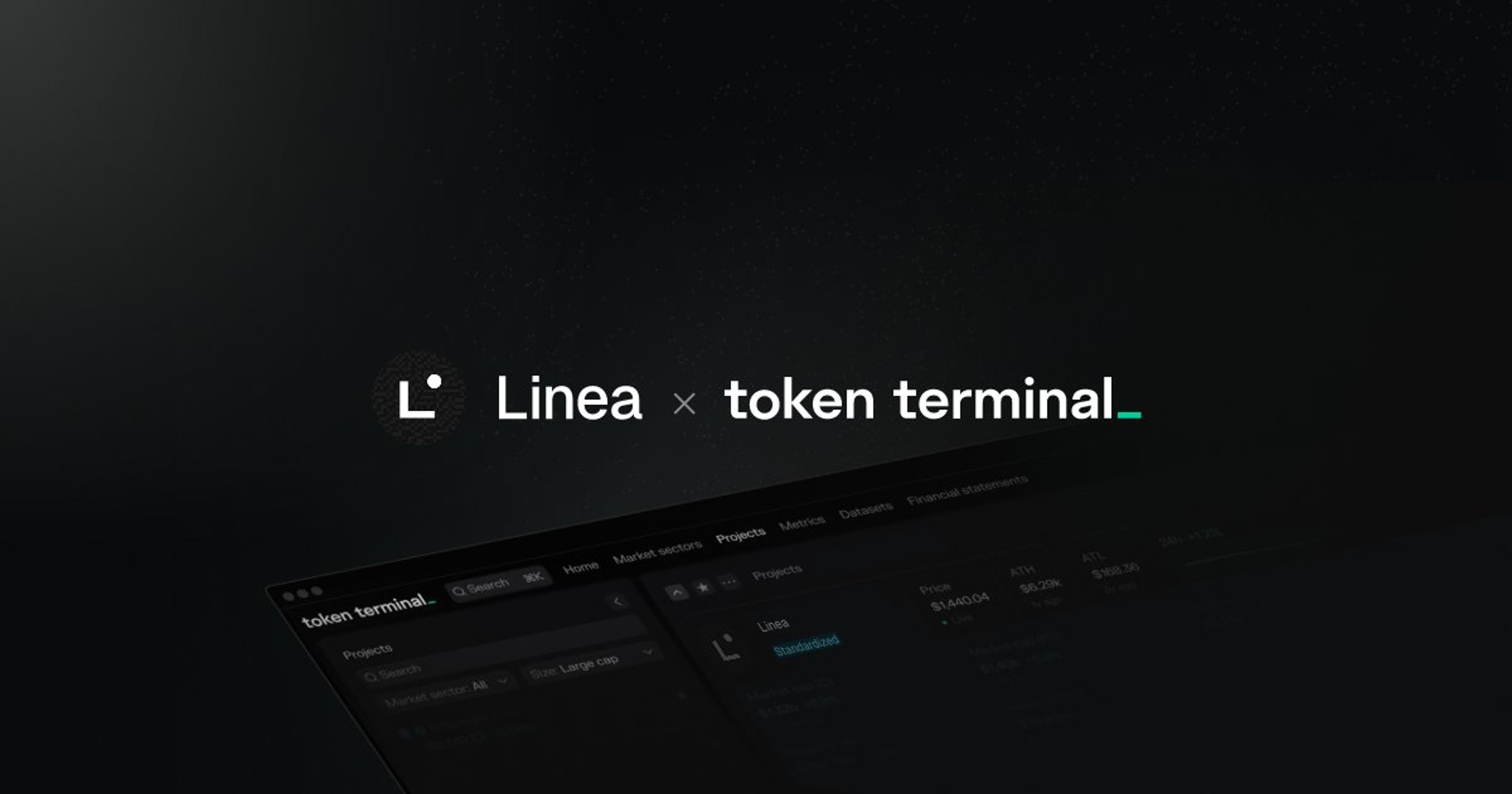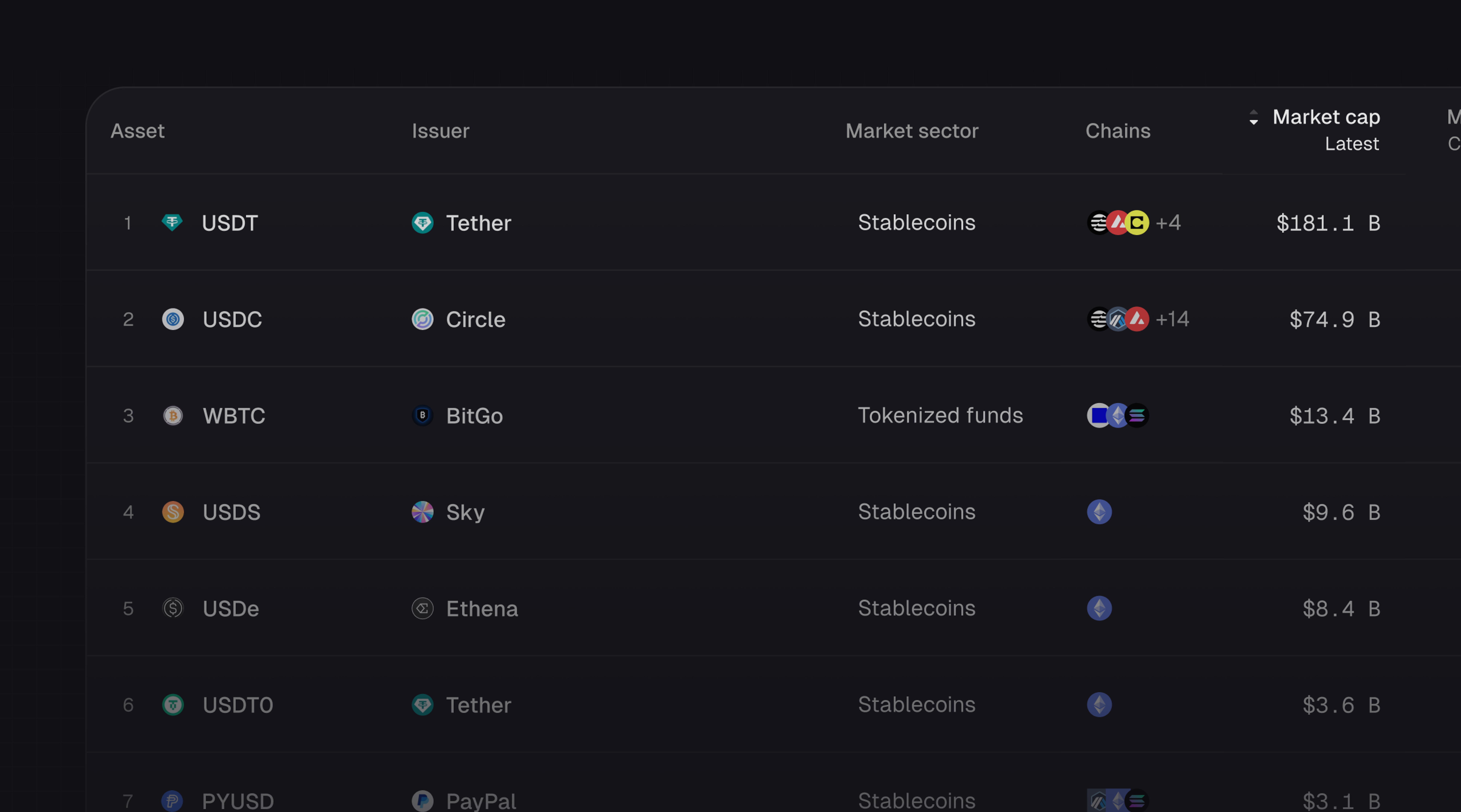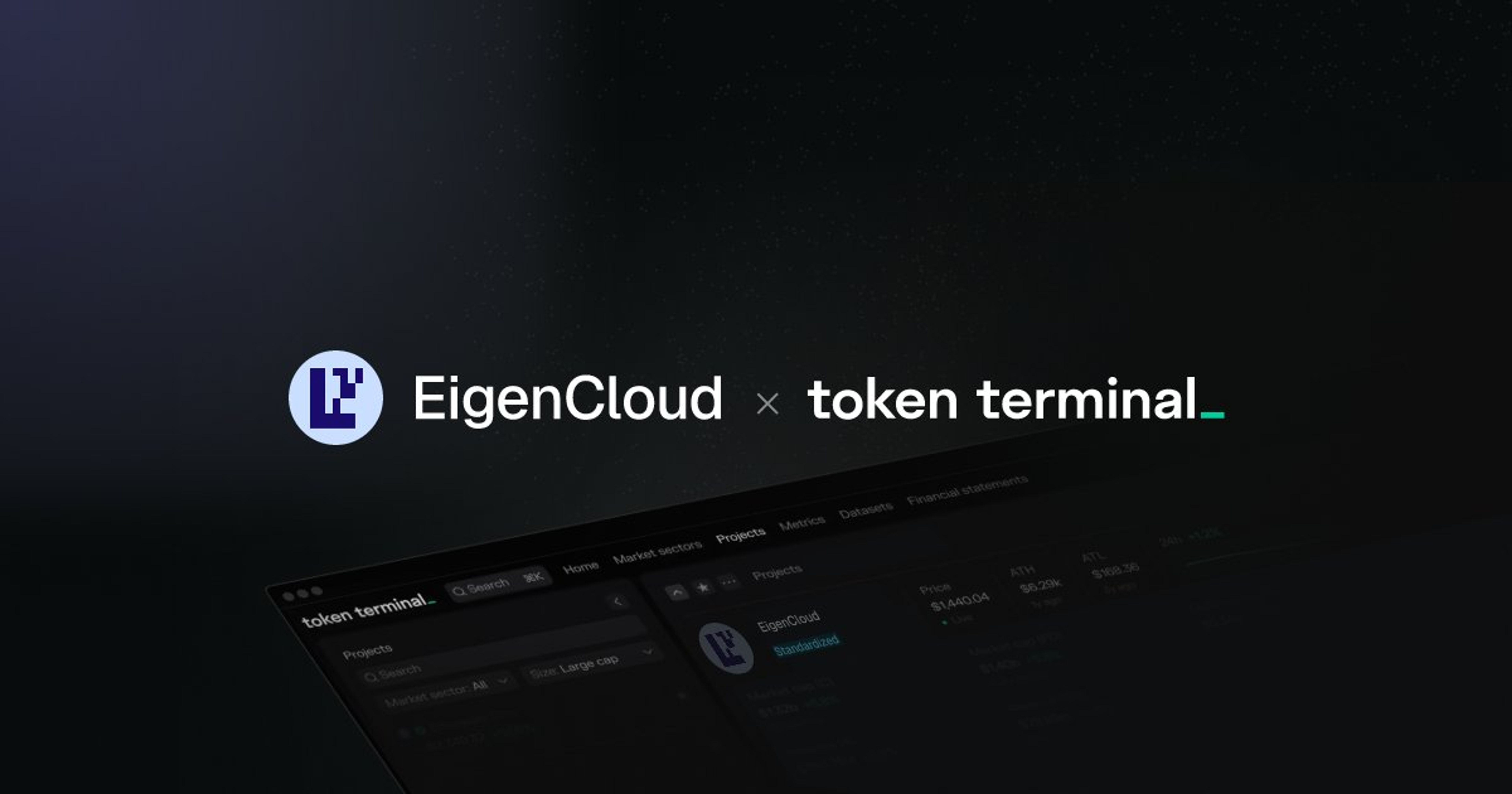Interview
In this blog series we interview founders in the crypto space to learn more about their entry into crypto and what’s going on with their…

In this blog series we interview founders in the crypto space to learn more about their entry into crypto and what’s going on with their projects. For our inaugural post, we sat down with Itamar Lesuisse, co-founder and CEO of Argent. Argent is an Ethereum-based smart contract wallet for users to interact with Dapps and store crypto securely. Argent wants to bring the simplicity and security of the best new bank apps to crypto — while still remaining non-custodial.
In this interview, we cover topics ranging from Argent’s backstory to current product focus and future plans.
What is Argent?
Argent is a non-custodial wallet for Ethereum with the simplicity and security of the best new bank apps. It makes it significantly easier to use decentralized finance (DeFi) Dapps, such as Maker and Compound. And it removes a lot of the other big pain points in crypto, like seed phrases and gas.
Who is the team behind Argent?
We’re a remote team of 21 across Europe, from Brussels to Bulgaria. Argent has three founders — myself, Gerald and Julien. We grew up together in Brussels. Gerald and I previously co-founded Peak, the largest mobile brain training app, while Julien’s background is in quantum information and cryptography.
That combo of scaling a mobile app to 60m people and deep cryptographic expertise has helped a lot with Argent.
In your view, what are the biggest UX challenges currently when interacting with crypto protocols?
We started by solving some of the most infamous pain points with holding and sending crypto: seed phrases, gas, cryptic addresses. Since then we’ve focused on making DeFi more accessible.
Using Dapps required too many steps, dealing with gas, approving a Dapp to potentially take an unlimited number of tokens from your wallet, and Chrome extensions. It was too technical, too insecure and way more complicated than using the best non-crypto apps.
We wanted to fix that so we’ve made Dapps accessible in a tap. We integrate at smart contract level so we can automate many of the steps you go through, and we keep the experience protected with our security model (such as a daily transaction limit).
To give you a concrete example, opening a Collateralised Debt Position with Maker used to require about 7 steps and transactions. We shrunk it to one.
What are your criteria when adding new protocols and choosing between competing protocols?
We look for what adds the most value to Argent wallet owners. Does the protocol have a unique proposition? How well written are the smart contracts? How strong is the team, traction, community etc.?
We do sometimes integrate similar use cases, such as Compound and Maker’s interest earning offerings, but they have a very different model underlying them (one being a lending protocol, the other contributing to the stability of Dai). This affects the rates they offer, their risk, and makes adding both worthwhile.
What is the scope of the product? Do you intend to focus on a smaller subset of protocols or cover a multitude of them?
While the scope will expand over time we’re clear we don’t want to clutter and complicate the user experience. We think core financial use cases (earn, invest, exchange, borrow etc.) live in the wallet.
Other use cases, such as games, live outside. But we can make accessing them easier through integrations like Wallet Connect (a standard for connecting mobile wallets to desktop Dapps).
Within DeFi we’ll be enabling many more integrations very soon.
Going forward, do you see protocol services being integrated under Argent’s brand?
There’s a few protocol-type topics we’ve been exploring: layer 2; privacy; helping more projects offer meta-transactions (transactions where the sender doesn’t pay the gas); helping other wallets use features from our security model (for instance seedless recovery).
But having them branded Argent isn’t a priority. We’d do whatever helps them to have the most impact with the community. This could be to start their development and then hand them over to the community, as we did with ‘Hopper’, an open source privacy mixer.
In terms of integrating external protocols and putting them under our brand, we’ve not done it. We’ve preferred to make it clear to people what projects they’re using so they can best explore the opportunities and risks of doing so.
What is your user acquisition strategy currently and how do you see it evolving in the future?
To date we’ve had a waitlist so we could onboarded people slowly and get as much feedback as possible. Our next milestone is a full public launch.
Our user acquisition strategy is content, community and referrals (from existing users and the Dapps we integrate with).
Each of these comes back to a simple point: we’ve solved some of the biggest painpoints people and Dapps face. Having done it’s about getting the word out about how we’ve done it and why it matters.
In the longer term, we’ll keep these approaches but expand the channels to raise awareness with a more mainstream audience, for instance on Instagram and TikTok.
What is your view on larger fintech players such as Revolut and Robinhood as future competitors?
We honestly don’t think about competition. Crypto’s at a stage where the more one project can make inroads with a big audience, the better it is for every project as it heightens awareness. This is true for Revolut and Robinhood. They’ll always focus on banking first, which means they can only offer a little crypto exposure. They won’t be non-custodial (which is the whole point of crypto) and they won’t offer more valuable use cases. We’re confident that the people they introduce to the space will eventually want to dive deeper.
What’s Argent’s business model?
So far we’ve concentrated on technical development, but we could take a fee for enabling fiat-to-crypto and crypto-to-crypto exchange. There’s opportunities with subscription for premium services, and also more DeFi-native models.
You just completed a $12 million raise, how are you planning to spend the money?
We operate very lean, being remote, concentrating on organic growth through referrals. The funding will continue to go on hiring the best team around. For the first time we’ll expand the non-engineering side too — customer support and growth.
Can you give us a hint about some upcoming feature?
DeFi, DeFi, DeFi.
Do you see a world where Argent could be decentralised and community-owned?
Firstly, it’s worth emphasising that the Argent wallet is already decentralized as it’s non-custodial and the smart contracts are open source and only the user can approve an upgrade.
But, secondly, on governance, we are really interested in decentralisation too. We like the approach Compound has taken: get the development right first, and then gradually transition governance.
There are some important questions on what difference, if any, it makes being a protocol (like Compound) versus a product (like us). I suspect it does make a difference but there are certainly areas I can already think of such as a community curated Dapp store, community ownership for the core contracts, and involving other projects in our recovery model.
What does the world look like ten years from now once crypto and Argent have won?
We genuinely wouldn’t want ‘winning’ to mean there’s a monopolistic wallet. We want people to have choice, and those wallets should be interoperable. So being a winner will be very different to what it means today.
But, we of course want Argent to be a popular gateway to crypto. And in that future we think you shouldn’t even have to know you’re using crypto. Just as using Netflix doesn’t mean you care about internet protocols.
We want to be able to help people access new economic opportunities, and to explore new kinds of digital products where they have much more control of their assets and identity.
You can find more information about Argent on their website https://argent.xyz/ and on their Twitter, Medium, Discord, and Github.
Argent has awarded Token Terminal’s readers with Gold Tokens to get head of the waitlist in the app. Tap here on your phone to get ahead of the queue.
The Token Terminal team had a blast doing this interview and is looking to do more of these in the future. DM us on Twitter in case you would like to chat with us or if you know someone we should be in contact with.
The authors of this content, or members, affiliates, or stakeholders of Token Terminal may be participating or are invested in protocols or tokens mentioned herein. The foregoing statement acts as a disclosure of potential conflicts of interest and is not a recommendation to purchase or invest in any token or participate in any protocol. Token Terminal does not recommend any particular course of action in relation to any token or protocol. The content herein is meant purely for educational and informational purposes only, and should not be relied upon as financial, investment, legal, tax or any other professional or other advice. None of the content and information herein is presented to induce or to attempt to induce any reader or other person to buy, sell or hold any token or participate in any protocol or enter into, or offer to enter into, any agreement for or with a view to buying or selling any token or participating in any protocol. Statements made herein (including statements of opinion, if any) are wholly generic and not tailored to take into account the personal needs and unique circumstances of any reader or any other person. Readers are strongly urged to exercise caution and have regard to their own personal needs and circumstances before making any decision to buy or sell any token or participate in any protocol. Observations and views expressed herein may be changed by Token Terminal at any time without notice. Token Terminal accepts no liability whatsoever for any losses or liabilities arising from the use of or reliance on any of this content.
Stay in the loop
Join our mailing list to get the latest insights!
Continue reading

Customer stories: Token Terminal’s Data Partnership with Linea
Through its partnership with Token Terminal, Linea turns transparency into a competitive advantage and continues to build trust with its growing community.

Introducing Tokenized Assets
Token Terminal is expanding its standardized onchain analytics to cover the rapidly growing category of tokenized real-world assets (RWAs) – starting with stablecoins, tokenized funds, and tokenized stocks.

Customer stories: Token Terminal’s Data Partnership with EigenCloud
Through its partnership with Token Terminal, EigenCloud turns transparency into a competitive advantage and continues to build trust with its growing community.